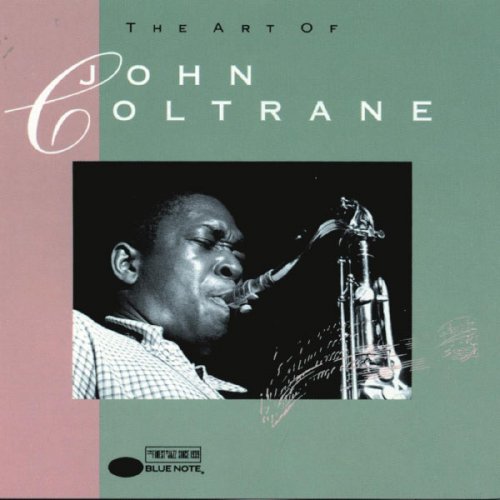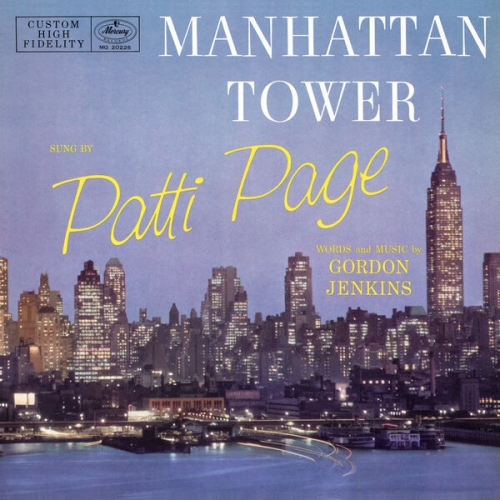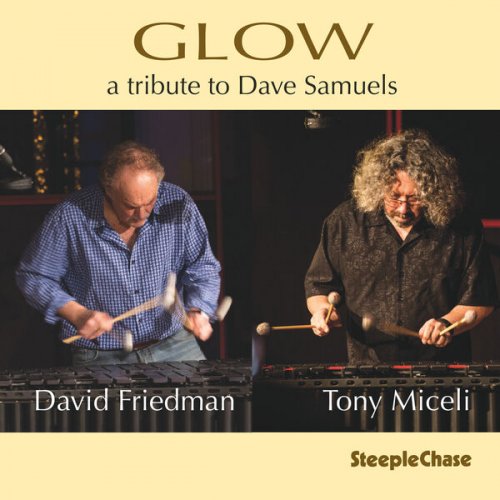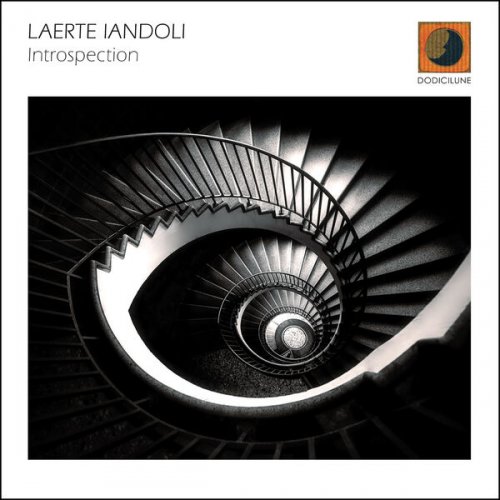John Coltrane - The Art Of Coltrane (1992)

Artist: John Coltrane
Title: The Art Of Coltrane
Year Of Release: 1992
Label: Blue Note Records
Genre: Jazz
Quality: FLAC (tracks) / 320 kbps
Total Time: 01:01:14
Total Size: 411 / 141 MB
WebSite: Album Preview
Tracklist:Title: The Art Of Coltrane
Year Of Release: 1992
Label: Blue Note Records
Genre: Jazz
Quality: FLAC (tracks) / 320 kbps
Total Time: 01:01:14
Total Size: 411 / 141 MB
WebSite: Album Preview
01 - Moment's Notice 09:07
02 - Blue Train 10:40
03 - Speak Low 06:50
04 - Just For Love 03:44
05 - Nita - Paul Chambers 06:30
06 - John Paul Jones - Paul Chambers 06:57
07 - Dexterity - Paul Chambers 06:45
08 - Shifting Down 10:41
Assembled in 1992, this Blue Note CD should not be confused with an Atlantic release titled The Art of John Coltrane: The Atlantic Years. While that anthology focuses on the sax giant's Atlantic output of the late '50s and early '60s, this Art of John Coltrane spotlights his work for Blue Note from 1956-1958 -- most of it as a sideman. Thankfully, Blue Note had better taste than to give this CD an inappropriate title like "John Coltrane: The Blue Note Years." Such a title would have been inappropriate, because 1957's Blue Train was the only album that he recorded for Blue Note as a leader -- the vast majority of his pre-Atlantic albums were recorded for Prestige. Nonetheless, The Art of John Coltrane paints an exciting picture of his hard bop period. The CD contains two tracks from Blue Train: the exuberant "Moment's Notice" and the title piece, both of which illustrate that album's excellence. Coltrane is heard as a sideman on all of the other selections, which come from other artists' Blue Note sessions. And even though Coltrane isn't the leader, he is prominently featured on performances of Charlie Parker's "Dexterity," the standard "Speak Low," and "Trane's Blues" (also known as "John Paul Jones"). Meanwhile, Kenny Dorham's "Shifting Down" is from a 1958 session led by avant-garde pianist Cecil Taylor. Although not as radical as the free jazz Taylor would provide in the '60s, "Shifting Down" is quite advanced for 1958 -- even in the '50s, Taylor was a forward thinker. And the term "forward thinker" certainly applies to Coltrane as well. Although not essential, this enjoyable disc demonstrates that the saxophonist was a distinctive, open-minded risk-taker before he signed with Atlantic and became one of the leaders of modal post-bop.
Download Link Isra.Cloud
John Coltrane - The Art Of Coltrane (1992)
John Coltrane - The Art Of Coltrane (1992) mp3
My blog
John Coltrane - The Art Of Coltrane (1992)
John Coltrane - The Art Of Coltrane (1992) mp3
My blog





![Herminio Bello De Carvalho - Hermínio Bello de Carvalho 90 (2026) [Hi-Res] Herminio Bello De Carvalho - Hermínio Bello de Carvalho 90 (2026) [Hi-Res]](https://img.israbox.com/img/2026-03/01/7d9otuo4k41izuhqy3mc75spu.jpg)
![Dave Stapleton - Quiet Fire (2026) [Hi-Res] Dave Stapleton - Quiet Fire (2026) [Hi-Res]](https://www.dibpic.com/uploads/posts/2026-02/1772036051_v5l0f2qh1r2cb_600.jpg)
![Chad Lefkowitz-Brown - City Spirit (2026) [Hi-Res] Chad Lefkowitz-Brown - City Spirit (2026) [Hi-Res]](https://www.dibpic.com/uploads/posts/2026-02/1772171883_y3mc4z2lmsr7a_600.jpg)
![Lexington - HARD BOP TANGO (2026) [Hi-Res] Lexington - HARD BOP TANGO (2026) [Hi-Res]](https://www.dibpic.com/uploads/posts/2026-02/1772180664_cover.jpg)